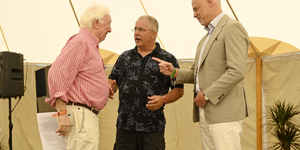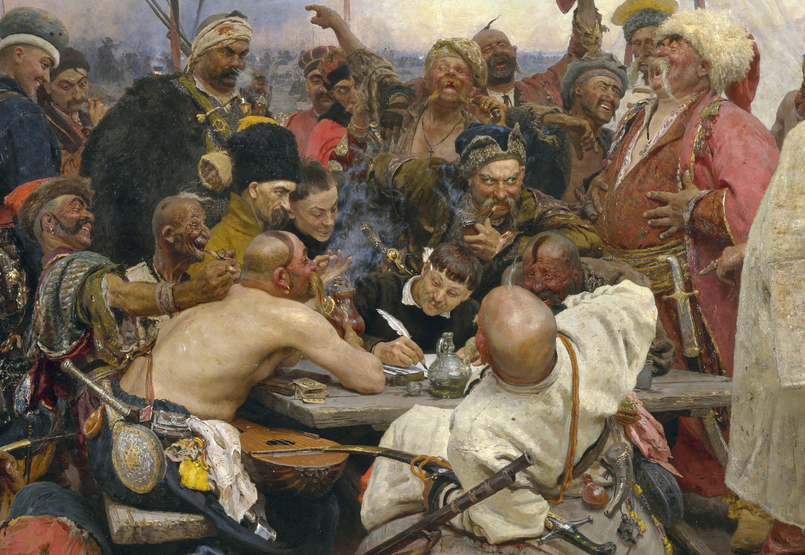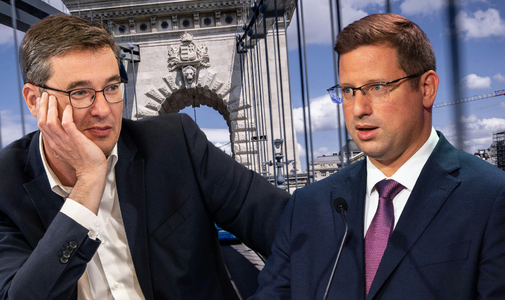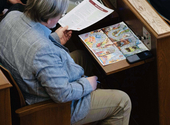It was Boethius, the fifth century philosopher, that set Hungarian researchers on the trail of the Sárospatak collection. His work, The Consolations of Philosophy, was first printed in Nuremberg in 1473. A copy of this edition was the greatest treasure of the Sárospatak Reformed College until the end of WWII. In 1993, Hungarian researchers found a reference to the work in question in a Russian study, in which it was stated that the book was to be found in the library of Nizhny Novgorod. Decades-long Russian attempts to conceal the fact were in vain. It took another five years for full catalogue to be compiled.
The library was founded in 1531 and and enriched with a legacy of several thousand volumes from György Rákóczi I, the prince of Transylvania, and his wife Zsuzsanna Lorántffy in the 17th century, making it the most valuable Hungarian book collection. In 1938, 1373 books from the library's hundred-thousand-volume collection were selected to be taken to Budapest. Most of these ended up in the safe of the Pest Domestic First Savings Bank. Some of the most valuable works ended up in the vaults of the Pest Hungarian Commercial Bank.
The school's first roll, a Polish Bible from the beginning of the 15th century, and a collection of 50 gold coins were also stored there. The school roll was found dumped on a rubbish heap after the war. There is no trace of the Bible and the coins.
The 172 volumes were chosen for more secure storage because they had belonged to historical figures, and often had handwritten marginalia, according to Dénes Dienes, librarian of the Sárospatak Reformed College. Notes written by Rákóczi and his wife can be found in some of the volumes. Librarians of today do not know why only 22 of the collection's 26 incunabula (volumes printed before 1500) were taken to Budapest.
The librarians of the day could not have known that the four incunabula that stayed behind in Sárospatak would survive the war.
According to legend, Yegorov, the Soviet commander who took the city, had the books placed in safekeeping. The librarian today does not believe this happened, but it is true that Yegorov visited the library, paid his respects to the books, and that nothing happened to the books thereafter. Sárospatak continues to honour the commander, however: his portrait hangs in the college next to those of the library's other benefactors.
With the help of Soviet colleagues, the Hungarian researchers had come up with a catalogue of the Sárospatak books by 1998. This was when negotiations started over their return. Russian regulations made this a slow process. Russia regarded the works as legitimate war spoils. In 1997, the Duma passed a law saying that works that had arrived in the territory of the Russian Federation "as a consequence" of the Second World War could not be returned. This position had changed by 2000.
The new regulation stated that religious and charitable organisations that "did not serve Facsism" and victims of Nazism could recover their property. Hungarians immediately made an application. When they met in February 2005, Putin and Gyurcsány reached an agreement that the books could be returned so long as a law was passed in Hungary guaranteeing the return of Russian treasures that had illegally ended up in Hungary during the war.














